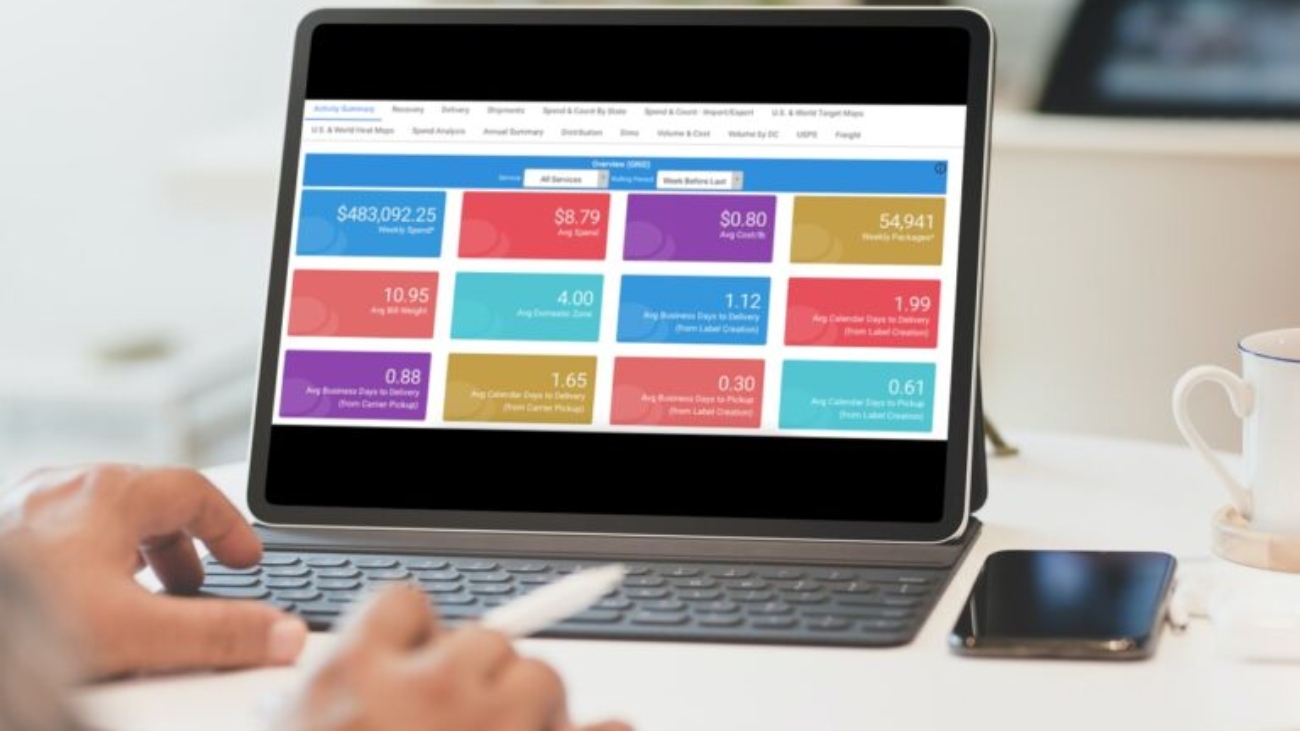It’s that time of the year again for evaluating your expenses, especially for parcel and freight shipments. As a sign of good practice, companies should review their contracts with shipping carriers annually. It not only helps in understanding the shipping costs but also in saving money efficiently.
We have discussed carrier contract negotiations in our earlier blogs. Here, we will share experts’ advice on the prudent way to negotiate carrier contracts.
Companies with high shipping volumes can reduce costs with an efficient carrier contract management system. Experienced professionals believe that a well-informed shipper can diligently negotiate on the negotiation table and reduce shipping costs. So, let’s understand the importance of carrier contract negotiations. In addition, gain the know-how to prepare for the negotiation process from experts.
Importance of carrier contract negotiations
Businesses face rising shipping prices and increase their profits while fulfilling customer expectations. So, it becomes essential for shippers to negotiate better carrier contracts and save money. Due to labor shortages, shipping carriers such as UPS and FedEx are increasing their shipping rates. Companies end up paying more to these shipping carriers if their carrier contract negotiations do not cover some services. With an optimized carrier contract, companies can drastically reduce their shipping costs.
Contract negotiation process
It is necessary to understand the complexities of the contract negotiation process for the best deals. Ideally, the contract negotiation process involves understanding the shipper’s shipping volume in different categories. Businesses need to identify their shipping volumes in terms of service with zones keeping their historical data in mind. It helps to identify the service that can fetch more discounts from the shipping carrier. Moreover, additional evaluation of weight slabs helps shippers receive discounts, particularly in specific slabs having high shipping volumes. Further, a proper Dim Weight shipping volume assessment helps reduce the Dim Weight.
Negotiating Parcel Contracts
Negotiating carrier contracts can also involve identifying shipments to specific destinations. For instance, shippers can get discounts, particularly for Western States or Eastern States in the contiguous states within the country, or Import/Export to specific countries. In addition, negotiating parcel contracts brings discounts on fees. The parcel carriers offer discounts on high-volume surcharges can significantly reduce shipping rates.
Experts having vast experience in carrier contract negotiations believe that shippers should know which services attract the maximum discount. During carrier contract negotiations, shippers can target the services that will give them the most rebate. In addition, shippers should clarify the minimums applied to each service. For instance, if the shipper has a high possibility of shipping rates at the minimum, then negotiations should be on the minimum reduction amount on the minimums. Further, shippers should negotiate for a higher dim factor for specific services.
Use of Multiple Carriers
According to experienced carrier contract negotiators, shippers should consider alternative parcel carriers. A shipper using a shipping carrier for a prolonged period may miss out on crucial shipping discounts on specific services. A multi-carrier strategy identifies the current carrier costs for alternative carriers. Companies can compare the current shipping costs of the old parcel carrier with that of the new shipping carriers to help them decide the best shipping carrier for their business.
A better understanding of surcharges
Value-added charges or surcharges may not appear in the initial contract with shipping carriers. But, an accurate assessment of the value-added fees at regular intervals helps companies save money. Shipping surcharges and charges of the parcel carriers change frequently. Some of the fees that see frequent changes are
- General Rate Increase (GRI)
- Courier and documentation fees
- Pallet fees
Carrier contract management can keep track of the surcharges so that shippers don’t pay extra. In addition, carrier contract management supports negotiation strategies with parcel carriers. Parcel contract negotiations require expert management to get a complete understanding of different nuances during the contract negotiation. Companies that do not have an in-house contract negotiation team can always partner with third-party experts.
Get expert opinion from Audintel on carrier contract negotiations
Shipping companies have to understand their shipping profile before entering into contract negotiations. Audintel helps shippers evaluate their historical data to know the areas that can reduce shipping costs. Shippers should pay attention to any changes in the shipping carriers’ fees. Our team provides updates about any changes in the shipping carriers’ fees and surcharges so that the shippers don’t pay more. In addition, Audintel also supports its clients in renegotiating contracts as and when needed. We help shippers to review their carrier contracts periodically to avoid payment of unseen charges in the future.
To sum it up
Parcel shipping is becoming expensive every year. A good carrier contract helps shippers overcome hidden fees and surcharges. Effective carrier contract negotiations at the right time help companies get the best out of their shipping carrier contracts. Audintel’s experts in carrier contracts negotiations help shippers save money. For further information, contact us at +1 (619) 354 8539 or visit our Audintel website.












